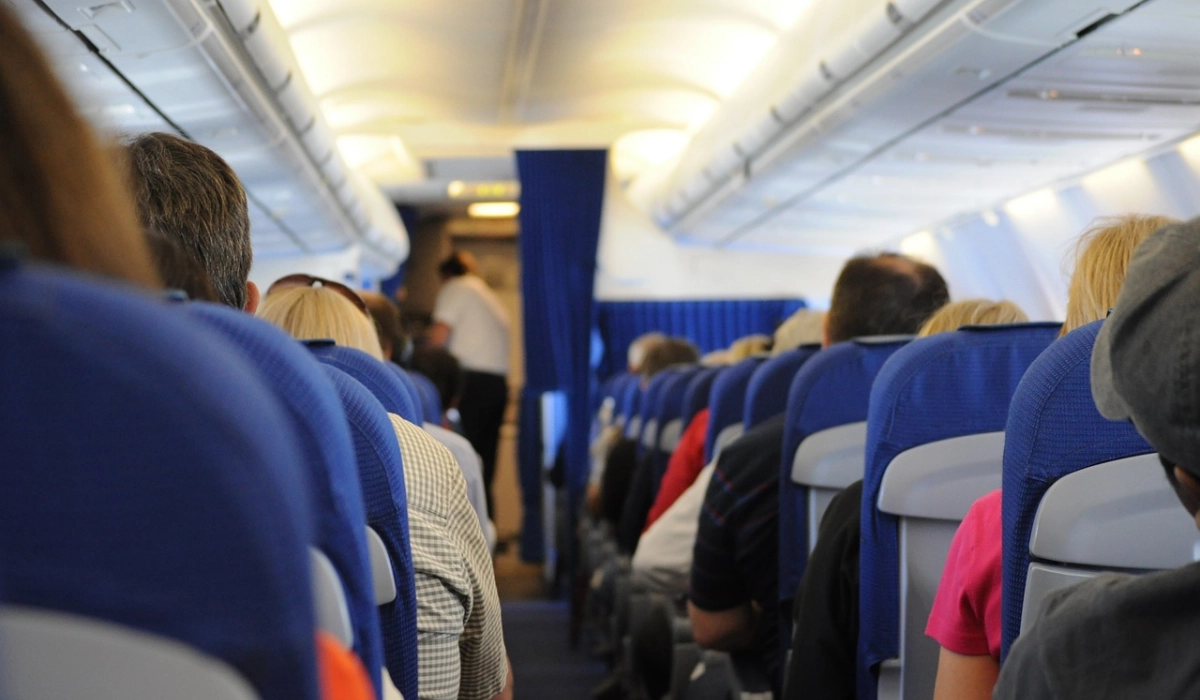
If you have ever been on a flight, one of the I structions given to passengers before the plane takes off is to put off their cell phones. It is a regulatory rule. Perhaps you have wondered why this rule exists and wondered what would happen if you didn’t turn off your cell phone on a plane.
Of course, the rule exists for a reason. But there is one other practical reason why you should do it. I explain both reasons to switch off your cell phone on a plane below.
Table of Contents
Reason to Turn Off Your Cell Phone on a Plane
The number one reason I will give you is the extremely practical one that has an impact on you. Up in the air during a flight, your mobile phone is outside of the coverage area of any cell towers. In this scenario, your phone will keep searching for available networks to connect to, afterall it has no built-in intelligence to tell it that it is a futile activity during a flight. And I daresay that perhaps this is something that cell phone manufacturers should implement via AI.
But for now, your phone does not know that it is on a plane thousands of meters above cell phone towers and it keeps searching. This is a heavy drain on the battery, and depending on what resources you have available to charge it, you just might end up with a dead phone when you arrive at your destination. A dead phone on arrival is a bad idea, as you often need to communicate; right? So turn off your cell phone on a plane to preserve its battery charge.
Mobile phones connect wirelessly via electromagnetic waves, the very same waves that aircraft avionics and other tools use. As such, having your cell phone switched on during a flight presents a risk of interference with the aircraft’s electronic equipment.
That is a risk of things going wrong while you are flying at up to 5 miles (about 9 kms) and more in the plane. Experts say that it is best to avoid the risks of this happening, he CE the regulation requiring you to switch off your cell phone on a plane.
Yes, there are no conclusive studies showing that any aircraft accidents have been from electromagnetic interference from mobile devices of any kind, but the risk remains.
In The Future
It is likely that in the future, this risk may be proven to not exist. In the future, AI-equipped cell phones will also probably be able to tell when they are up in the air and stop searching for mobile networks till they drop back to ground level. This will eliminate the fast battery drain that happens when your device is continually searching for available mobile networks. Also, in the future, and it is happening already, we will see more phones with the capacity to connect via satellite technology and so be usable on a plane no matter how high the flight ceiling is.
Turn It Off Or Switch to Flight Mode
Those will be exciting times. But for now, it is generally a good idea to turn off your cell phone on a plane, or put it in Airplane Mode. Putting your phone in Airplane Mode (also called Flight Mode, Aeroplane Mode, Offline Mode, and Standalone Mode) turns off all the wireless communications of the phone, so you can still use it to take pictures, listen to on-device music, read offline documents, etc.